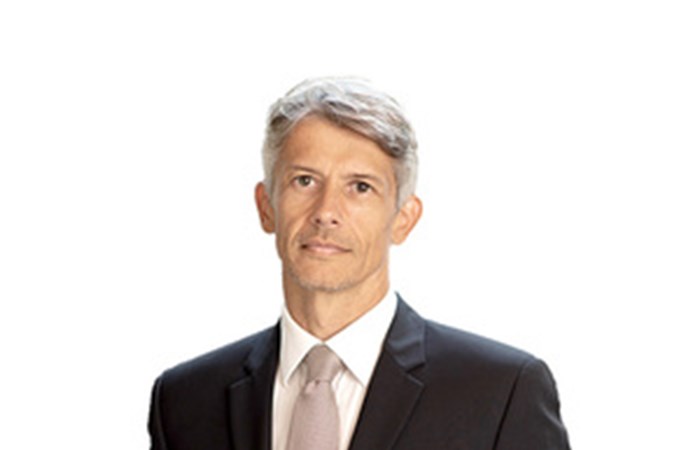Hm Treasury

Jonathan was appointed to the FPC in June 2020 and started his role at the end of August 2020. His first term as an external member of the Financial Policy Committee ends on 31 August 2023. His second 3-year term will end on 31 August 2026.
He is a member of the Founders Circle of the Institute for the Future of Work (IFOW) and is in the process of completing a PhD in Philosophy of Mind.
Jonathan helped establish Eisler Capital where he was a Portfolio Manager. He has also worked as an Advisory Director at Goldman Sachs where he sat on the Board and Executive Committee of ISDA, the Board of Tradeweb, the Financial Stability Board Market Participants Group on reforming Interest Rate Benchmarks, and the Bank of England Working Group on Risk-Free Reference Rates.
Prior to this, Jonathan spent 10 years at Goldman Sachs in London and New York. He became a Managing Director in 2006 and Partner in 2008. Before that, Jonathan worked at Credit Suisse Financial Products in London, Tokyo, Sydney and Hong Kong.
About the Financial Policy Committee
- The FPC is the UKs macroprudential regulator: its objective is to protect and enhance the stability of the UKs financial system by identifying, monitoring and addressing systemic risks
- The FPC has thirteen members. Six of them are Bank of England staff: the Governor, four Deputy Governors and the Executive Director for Financial Stability Strategy and Risk
- There are also five external members who are selected from outside the Bank for their experience and expertise in financial services
-
The Committee also includes the Chief Executive of the Financial Conduct Authority and one non-voting member from HM Treasury
- External members sit on a part-time basis and are employed on the basis of having knowledge or experience which is likely to be relevant to the Committees functions. The Bank have robust procedures in place to monitor and manage any actual or potential conflicts of interest to ensure the independence, integrity and impartiality of the Committee, and avoid any perception that a Committee member may obtain an unfair advantage through their association w
